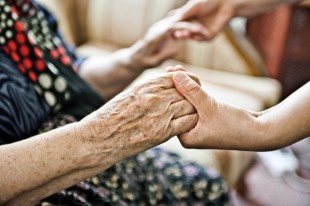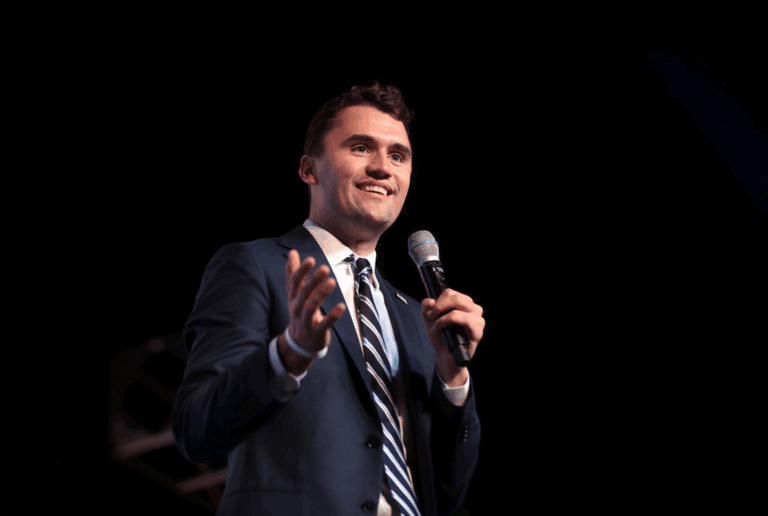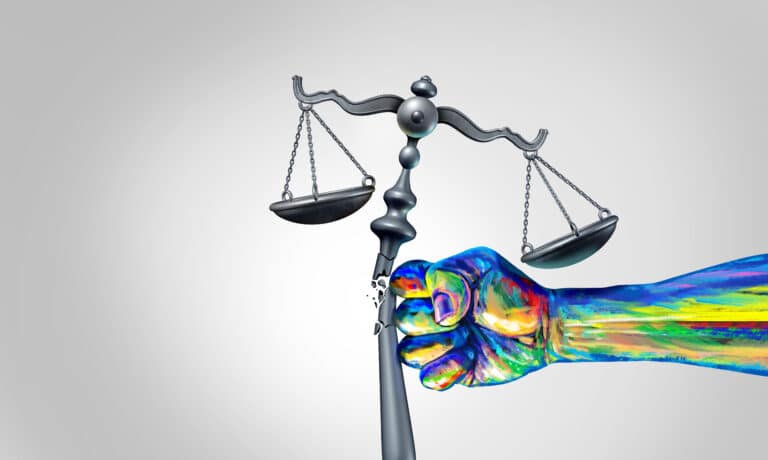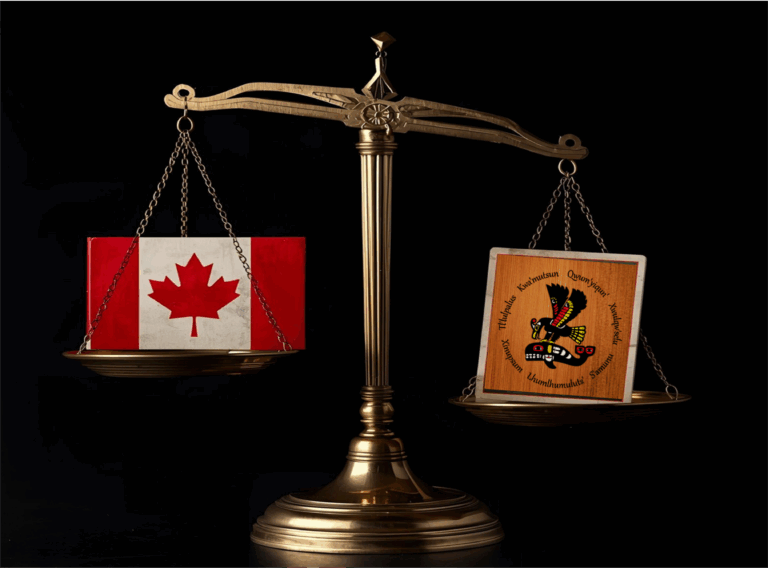Debate: Be it resolved that Canada is progressive
Peter Jon Mitchell: Yes, but it’s a Potemkin “reality” and won’t last
It is fair to say that Canada has indeed become a progressive country over the last 50 years. The question Canadians should ask though is not is Canada a progressive nation, but why is the country not more progressive – and will it remain so for much longer?
Progressivism in Canada is like the assembly of a locomotive engine built piece by piece through successive government policies and programs. Taxpayer money keeps the locomotive on the track, whether it is through funding Status of Women Canada to lobby at home and abroad for issues on the fringe of feminism, funding NGOs with leftist tilts through the Canadian International Development Agency, through the recently discontinued Court Challenges Program or through other taxpayer-funded channels.
Progressivism: Paid for by you and me
Billions of dollars have been poured, directly or indirectly, into the promotion of a progressive agenda through social reform embedded in public education policy. Therefore, it is no great surprise that Canada displays some thoroughly progressive trademarks. Yet, there are indications that the progressive locomotive is losing steam and may break down in the years ahead.
Much has been said about culture-war fatigue; Canadians have moved on from the divisive debates of the 1980s and 1990s. In the dumbing down of public debate, progressives have brandished slogans about equality and choice and have claimed that they stand for the opposition of discrimination. Conservatives, particularly those focused on social issues, have been defined not by those values they support but by two issues they oppose: abortion and same-sex marriage.
Perhaps a better proposal, but one that still risks oversimplification, is to say that progressives favour equality of position secured by the state if necessary, while conservatives favour equality of opportunity under the rule of law, achieved through the preservation of strong social institutions.
The progressive agenda has been constructed through policies such as no-fault divorce in 1968, the 1971 multicultural policy, the creation of Status of Women Canada in 1973, the 1982 Charter of Rights and Freedoms and court decisions such as Morgentaler in 1988 and the court challenges that led to the redefinition of marriage in 2005.
These policies coincided with the coming of age of the baby boomers, the most progressive generation in Canadian history. To show their influence, Canadian sociologist Reginald Bibby reports that in 1975, 67 per cent of boomers believed “women do not have sufficient power in national life” compared with 46 per cent of the rest of Canadians. Who would not applaud women in influential positions today? Despite the pervasive influence of the boomer generation, two emerging trends threaten Canada’s progressive future.
“The New Traditionalists”
First, as influential as the baby boomers are, today’s Millennial generation, born after 1989, appears in some ways to be more conservative, earning the label “the new traditionalists.” While it would be easy to overstate this turn to traditional values, it is worth giving consideration to what this might mean for the course of progressivism in Canada in the years to come.
Millennials expect to participate in traditional institutions such as marriage. The 2008 version of Bibby’s Project Canada survey revealed that 90 per cent of teens expect to get married, up 5 per cent from 16 years earlier. What is remarkable is that teens expressed this expectation despite growing up in the era of no-fault divorce with the divorce rate hovering around 38 per cent. Furthermore, Bibby’s data show that 45 per cent of teen girls expect to stay home and raise children some day compared with 35 per cent 16 years ago.
The results are surprising considering that marriage and family receive little positive support in popular culture, in school or in law. Psychologist Paul Vitz of New York University examined more than 100 high school textbooks in the social sciences without finding a single positive affirmation of marriage or motherhood. Vitz quickly identified feminist ideology as the dominant theme. To be clear, this is not the feminism of equal rights and empowerment but a more extreme ideology that is hostile to marriage, declaring it to be patriarchal domination over women.
It is true that Canadians are marrying later and many are choosing cohabitation rather than marriage, particularly in Quebec. However, the expectation to marry reveals that the institution is still valued among young people.
Baby Boomers are Progressive, Demography is Not
The second trend of note is the demographic transition Canada is currently experiencing. As the Boomer generation nears their twilight years, the tax base that has fuelled the progressive locomotive will shrink while the demand for social services will increase. By the end of this decade, there will be more Canadians over the age of 65 than under the age of 15. With the birth rate below replacement, there will be fewer working Canadians to support social programs aimed at assisting those in post-retirement. Canada will not be able to sustain the level of spending on social programs that progressive values demand, let alone frills such as the $1-billion plus that Status of Women Canada has consumed since 1973.
As the state struggles to keep the social safety net taut, healthy families bear the load. Economist Brian Lee Crowley argues in his book Fearful Symmetry that marriage and family were once part of the bedrock of Canada. He maintains that the decline of marriage and family is connected to a ballooning state and “a moral permissiveness and hedonistic individualism, all of which is about to become much more difficult to maintain in the face of the reversal of the baby boom ….” He says that the burden of the social safety net has been placed on those who are married and working, and their numbers are declining. Yet the benefits that marriage and stable families offer the next generation are “indispensable to our social and economic success,” Crowley writes.
Public intellectual and author William Gairdner takes it a step further in The Trouble with Canada…Still, predicting a radical reversal of progressive policy after what he calls the “great die off” of the baby boom. He argues that demographic and economic realities will cause panicked governments to roll back many progressive policies as a means of survival.
Hot-button Issues
It may be easier to conceive of a smaller pendulum shift away from the progressivism Canadians have come to know rather than a complete roll back. While the hot-button issue of same-sex marriage has cooled, the larger question about the role of marriage in society may still be on the horizon.
No one should declare the abortion debate over, as even the progressive Toronto Star has noted the large number of young people who are attracted to the pro-life movement. Average Canadians feel some queasiness around the issue. A 2010 Ipsos Reid poll reported that 36 per cent of Canadians find the lack of some level of restriction unacceptable.
There may be little debate over whether Canada is a progressive nation. However, it is conceivable that the day is coming when demographic and economic realities along with a millennial generation sympathetic to traditional institutions will cause governments to have sober second thought about tax-funded progressivism. Canada’s current progressive train may be rerouted if serious mechanical failure does not cripple it first.
~
Peter Jon Mitchell is a senior researcher with the Institute of Marriage and Family Canada, a social policy think-tank based in Ottawa (www.imfcanada.org).





